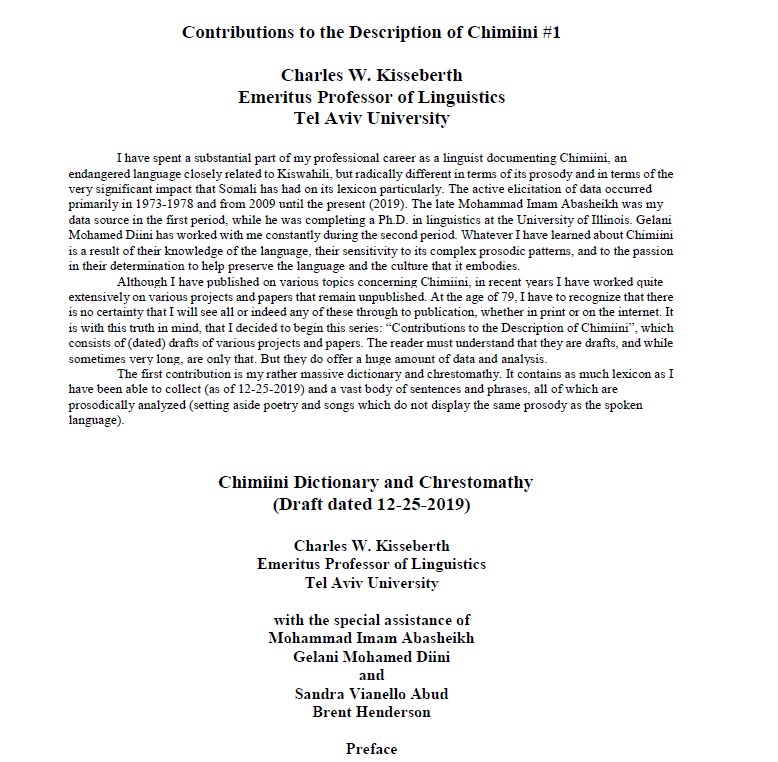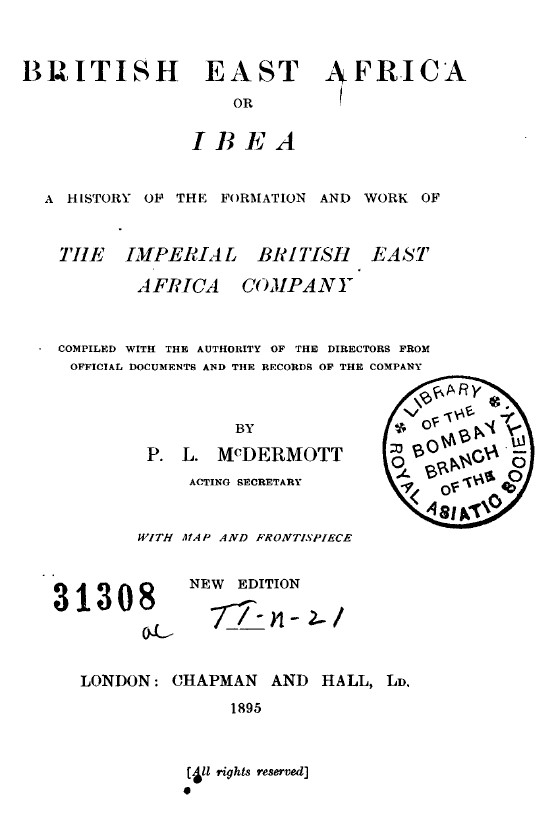Food is an enormous vessel for culture, reflecting the unique traditions and heritage of a community. However, the unfortunate phenomenon of cultural appropriation threatens to erode the authenticity of cuisine, as seen in the Somali appropriation of authentic Banadiri food. This issue highlights the broader problem of food colonialism and the need to protect cultural and culinary heritage from exploitation. Food colonialism refers to the historical and ongoing processes by which occupying powers exert control over the food systems of occupied territories, perpetuating exploitative practices and erasing cultural origins.
In the case of Banadir, the traditional cuisine and culinary practices have been subject to substantial erasure and denial, with the rise of Somalis often claiming these dishes as their own. It is important to note that historically, Somalis who were predominantly from a nomadic background were not known for cultivating or preparing the types of food commonly associated with Banadiri cuisine. For example, Somalis traditionally did not make use of rice or consume seafood, with the latter often frowned upon. However, due to the cultural appropriation of Banadiri food, Somalis have recently begun claiming these dishes as a Somali cuisine, some can argue its for profitable gains, but the deeper impact can be linked to the large scale historical revisionism and falsifying history, this resulted in the gradual erasure of an authentic Banadir culture and heritage that has been evidently present in Banadir since millennia. This appropriation undermines Banadir culture and diminishes the true origins of these culinary traditions.
Cultural appropriation, an aspect of food colonialism, is viewed as harmful by many groups and individuals, including indigenous people working to preserve their culture, and those who have experienced or are currently living under occupation. It is through cultural appropriation that the authenticity of a cuisine becomes distorted, as it is used as a tool for capitalist exploitation. Preserving the authenticity of Banadiri cuisine requires recognising and respecting its origins. It is important for the Banadir people to acknowledge the contributions of their ancestors in cultivating and developing these unique dishes. By doing so, we honour the cultural heritage and prevent the dilution of the Banadiri identity.
Efforts to combat cultural appropriation and food colonialism should include education and raising awareness about the importance of cultural preservation. Addressing food colonialism goes beyond protecting the integrity of Banadiri cuisine. It is about upholding the rights of communities to their cultural heritage and acknowledging the diversity and richness that contributes to a truly inclusive society. Let us work together to celebrate the authenticity of Banadiri cuisine and ensure that future generations can enjoy the taste, history, and traditions that make it so special.














One comment
Educative and well informed for Banadiri youngster. ❤️
Comments are closed.